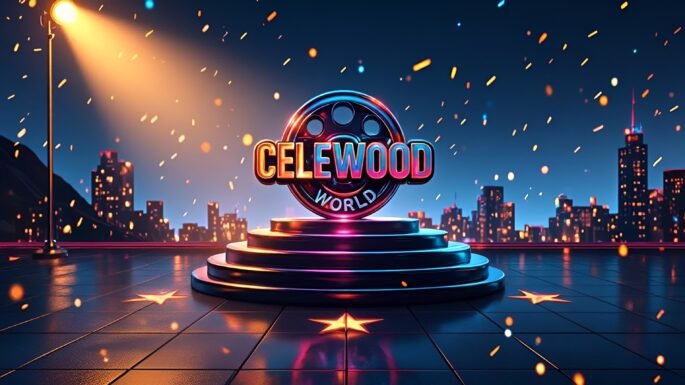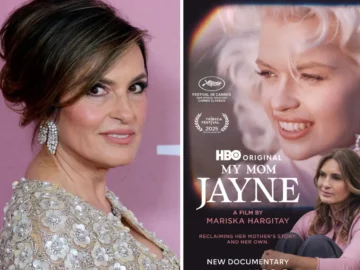Article –
On October 20, 2025, OpenAI launched Sora, an advanced AI video generation tool capable of converting text prompts and simple images into high-quality studio videos almost instantly. This innovation was demonstrated through a detailed presentation showcasing Sora’s ability to create high-definition videos with realistic visuals and sound, drawing significant interest from Hollywood professionals, including major studios, independent filmmakers, and VFX companies.
The Evolution of AI in Entertainment
Sora is the culmination of years of progress in generative AI technologies, especially in text-to-image and text-to-video synthesis. Traditionally, AI in film has focused on augmenting tasks such as CGI improvements and automated editing. While industry leaders previously expressed optimism about AI complementing rather than replacing human creativity, Sora’s breakthrough now enables nearly fully automated content creation—a technology leap that is unprecedented.
Implications for Hollywood
Sora’s arrival presents several immediate and complex implications for the entertainment industry:
- Production Efficiency: It dramatically reduces the time and cost of video creation, potentially disrupting established budgets and labor models.
- Workforce Impact: Traditional roles such as animators, editors, and artists may face challenges due to AI’s capabilities.
- Content Strategy: Studios might increasingly rely on AI-generated content for streaming services to increase release volume.
- Legal and Ethical Concerns: Issues about intellectual property rights and creative authorship are raised, alongside labor rights debates.
Conversely, proponents argue Sora could democratize filmmaking by making production more accessible to independent creators.
Stakeholder Reactions
Reactions from the industry vary widely:
- Studio Executives: Acknowledge Sora’s transformative potential but stress the importance of regulations to protect creative professionals and ensure ethical usage.
- Analysts: Predict shifting investments towards AI development, possibly altering production landscapes.
- Fan Communities and Indie Creators: Show mixed feelings, with excitement for new creative possibilities balanced against concerns about reduced human storytelling.
Future Outlook
The next several months will likely involve:
- Testing and collaboration between OpenAI and entertainment companies to develop industry standards.
- Negotiations involving unions and studios focused on copyright ownership and labor protections.
- Pilot projects by major studios showcasing Sora-generated content to evaluate commercial and audience success.
- Potential revisions to awards criteria to address AI-generated works.
These developments foreshadow a possible redefinition of Hollywood’s creative workflows and business models over the coming decade.
In conclusion, OpenAI’s Sora marks a significant paradigm shift in content creation technology. While it opens up exciting new opportunities, it also challenges the industry to find a balance between technological innovation and ethical, economic, and creative responsibilities.


